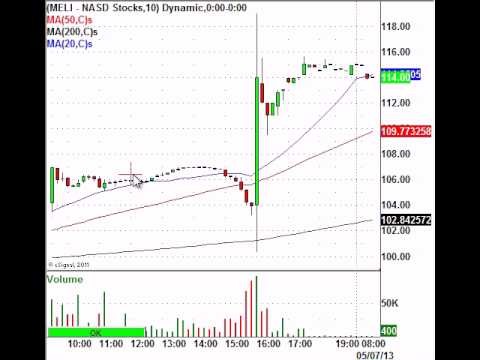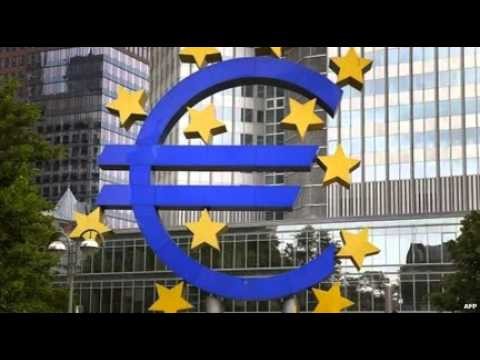Bund yields bounce as euro zone data hints at good deflation
Post on: 13 Сентябрь, 2015 No Comment

Analysis & Opinion
* Headline inflation drops for first time in 4 years
* Core inflation provides some respite, tempers market rally
* ECB QE bets remain intact
* Greek bond yields surge on doubts about Greece’s euro future (Updates prices, adds Irish, Belgian and German debt sales)
By Marius Zaharia and Emelia Sithole-Matarise
LONDON, Jan 7 (Reuters) — German Bund yields bounced off record lows on Wednesday after euro zone inflation data showed sinking oil prices did not push down the cost of other goods and services, although expectations for more ECB easing remained high.
Euro zone markets at large were dominated by speculation on how the inflation data might affect European Central Bank policy, but Greek 10-year yields rose above 10 percent on resurfacing fears that Athens might leave the currency union.
Euro zone consumer prices, dropped by 0.2 percent in December, which was a sharper fall than expected.
But core inflation, which ECB members have in the past favoured and excludes volatile energy and unprocessed food prices, held steady at 0.7 percent. Inflation excluding tobacco and alcohol inched up to 0.8 percent.
That fuelled some expectations that cheap oil might unlock disposable funds which can be spent on other goods and services, leading to a pickup in headline inflation later on.
It is crucial to differentiate what kind of deflation is at play, said Samy Chaar, chief economist at Lombard Odier. The figures. are skewed because of the low oil price. Overall, what we have is good disinflation.
German 10-year Bund yields last traded 2 basis points higher on the day at 0.48 percent, pulling away from a record low of 0.433 percent hit earlier in the day. Dutch, Belgian, Austrian and Finnish bonds yields also bounced off troughs.
TAKING A BREATHER
Markets still expect the ECB to tackle the risk of a prolonged period of deflation by launching a large-scale government bond purchase scheme early in the year to help bring the headline inflation back to the bank’s near 2 percent target.
The ECB would be worried that the euro five-year, five-year breakeven forward, which shows where markets expect inflation forecasts for the beginning of 2025 to be at the start of 2020, traded as low as 1.57 percent.

Illustrating fears that the euro zone might succumb to a prolonged period of growth-crippling deflation, 30-year German yields traded as low as at 1.06 percent, below equivalent Japanese yields. The last time long-term German yields traded lower than Japanese yields was at the height of the euro zone debt crisis in mid-2012.
The marginal surprise to the upside on the core inflation rate was just a trigger for some overdue consolidation and for the market to take a welcome breather after that very strong rally we’ve had since the onset of the new year, said David Schnautz, a strategist at Commerzbank. It doesn’t change anything substantially heading into the ECB meeting.
Schnautz said Bund yields could fall to 0.30-0.40 percent heading into the Jan. 22 meeting and on an announcement of QE.
Rabobank market economist Emile Cardon said the post-inflation blip in yields was likely to be capped by expectations that the Swiss National Bank will invest the euros it bought to cap the red-hot franc in top-rated bonds.
I expect the SNB to buy euro-denominated assets to protect the 1.20 level. This is partly why we’ve seen such falls in Bund yields earlier today and one reason why the upside in Bund yields is limited, he said.
Spanish and Italian yields rose, though not as much as Greek yields as ECB easing expectations shielded peripheral euro zone markets from fallout from Greece and paved the way for Ireland to sell 4 billion euros of seven-year bonds at record low rates. Germany and Belgium also got their 2015 debt sales off to a solid start.
Greek 10-year yields rose 148 basis points to 11.07 percent and three-year yields spiked almost 2 percentage points to 15.59 percent.
The worry is that a win for the far-left Syriza party in Greece’s election on Jan. 25 may lead to a stand-off between Berlin and Athens over the austerity measures agreed as part of bailout deals worth 240 billion euros. (Editing by Susan Fenton)














